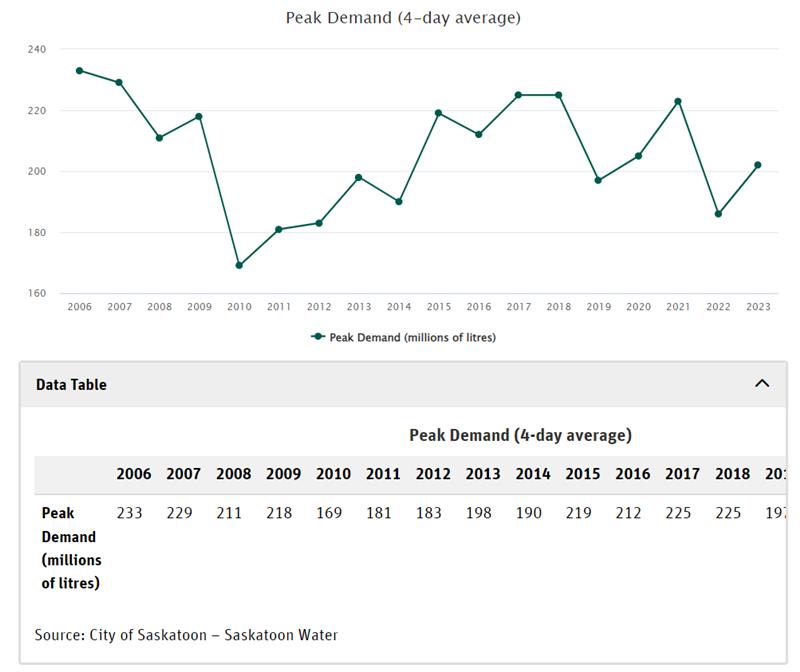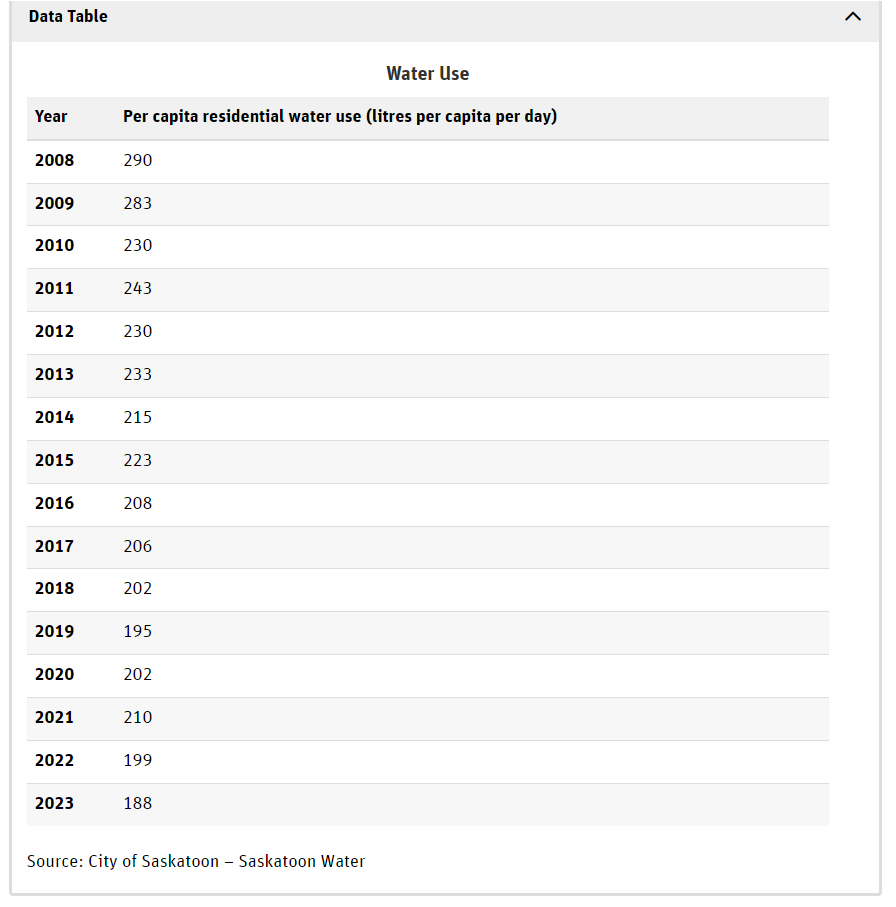Be Water Wise
Save yourself money and protect the environment – Be Water Wise!
Water conservation (using water carefully) will help to keep your utility bill costs down. Careful water use can also help ensure that the City can meet the community’s water needs in the long term, even with a growing population.
Water conservation helps manage water demand to ease the strain on the City’s water system, especially during summer peak periods. By easing strains on our capacity-limited water system and creating opportunities to better manage and schedule our capital expenditures, we can potentially defer or reduce spending.
Water use can double during the growing season for outdoor watering. While gardens and lawns do require watering, water is often wasted due to over-watering and evaporation.
Eight Simple Tips for Saving Water Outdoors
- Use SmartUTIL to view home water use and trends for your property by month, day, or hour; set spending alerts for water use, and take steps to lower your bill.
- Your lawn needs less than 1 inch of water per week to stay healthy (including rain!). You can use a tuna can to test how long your sprinklers need to run; set the can in your sprinkler zone and time how long it takes to fill.
- Water early in the day. When temperatures heat up and the sun is high, water evaporation is at its peak. By watering in the morning, you ensure that more of the water soaks into your lawn and garden, benefitting the plants.
- Install a rain barrel to collect rainwater for use on your lawn or garden. Switching to rainwater for irrigation will lower your water bill. If you are buying a rain barrel, visit our Rain Barrel Rebates page to see how you may be eligible for a rebate.
- Fix drips and leaks. Leaking taps, hoses and sprinklers can add up to substantial water loss if they are not fixed or replaced. Check washers and connections frequently, and repair hoses as needed.
- Use mulch. By applying a four-inch layer of wood mulch to flower beds and around shrubs, you can slow water evaporation and suppress the growth of weeds. Replenish every few years as needed. You can pick up one cubic yard of compost and mulch for free while quantities are available. Contact 306-975-2476 for more information.
- Sweep instead of spray. Reach for a broom instead of the hose to clean yard debris for patios and decks.
- Landscape mindfully. Instead of living with existing slopes in your yard, which can be difficult to irrigate and lead to runoff, consider planting ground covers or shrubs which will help keep water within the soil. Native plants will be both effective and affordable.
Eight Simple Tips for Saving Water Indoors
- Use SmartUTIL to view home water use and trends for your property by month, day, or hour; set spending alerts for water use, and take steps to lower your bill.
- Install low-flow/high-efficiency fixtures. Examples include high-efficiency shower heads and low-flush toilets.
- Be mindful of time. Shorten your shower time and reduce the level of water when bathing.
- Run full loads only. Make sure the dishwasher and washing machine are full before you run a cycle.
- Fix leaks as soon as you notice them. Fixing leaky faucets and toilets could save you about 10 percent on your water bill. Put a few drops of food coloring in the tank as a toilet leak detector. Wait for 25 minutes. If the color spreads into the toilet bowl, there is a leak.
- Wash your car at the car wash. Washing at home with a hose for ten minutes uses 300 litres of water. Washing at home also sends soap, oil, and other chemicals to the river through storm drains. At a car wash, run-off is captured and disposed of properly.
- Collect and use "grey water" for watering your indoor (or outdoor) plants. Grey water is the relatively clean waste water from sinks (for example from washing fruit or vegetables) and other kitchen appliances.
- In case of emergency, know where your master water shut-off valve is located.
How is the City is conserving water?
How is the City is conserving water?
The City is finding ways to save water and money in its own operations. Work is underway to keep parks healthy by using less water and naturalizing more areas; advanced irrigation control systems and weather monitoring technologies can keep the grass healthy with less water, and water-saving fixtures are being installed in civic facilities.
The City is beginning work on the Spray Pad Water Conservation and Climate Change Adaptation (Public Cooling) Project. This project will run from 2025 to 2027 and aims to provide the public with equitable opportunities for cooling off and access to drinking water, especially during the extreme heat event periods. It will also help to increase the resiliency of the water and wastewater treatment systems by conserving water during the summer peak water demand period.

The project will:
- upgrade nozzles and add remote controllers to all spray pads for improved efficiencies; and,
- install shade structures, water fountains, and misting stations at six spray pad/paddling pool sites to help the community stay cool during extreme heat.
This work is funded by a $700,000 grant from the Federation of Canadian Municipalities’ Green Municipal Fund and the Government of Canada, as well as a $950,000 Green Loan, to be paid back with water bill savings.
The project builds on the success of two pilot projects conducted in 2023 and 2024 that helped save 25-40% of baseline water use and associated costs by upgrading existing nozzles in some spray pads with lower-flow and misting nozzles while maintaining 100% of the fun.
The City approved the Water Conservation Strategy in 2022. Providing the community with safe and high-quality drinking water is a top priority for the City of Saskatoon. A changing climate and aging water treatment infrastructure are risks to providing water services. Water conservation can help ensure that we can meet the community’s water needs in the long term, even with a growing population.



